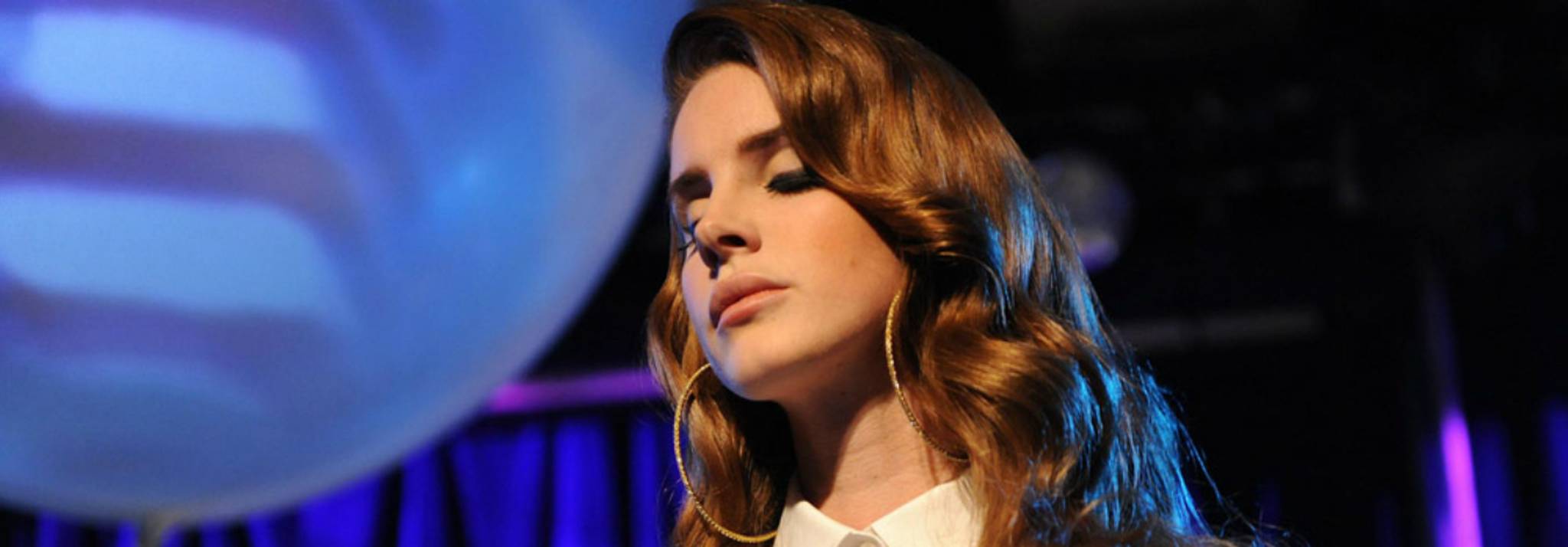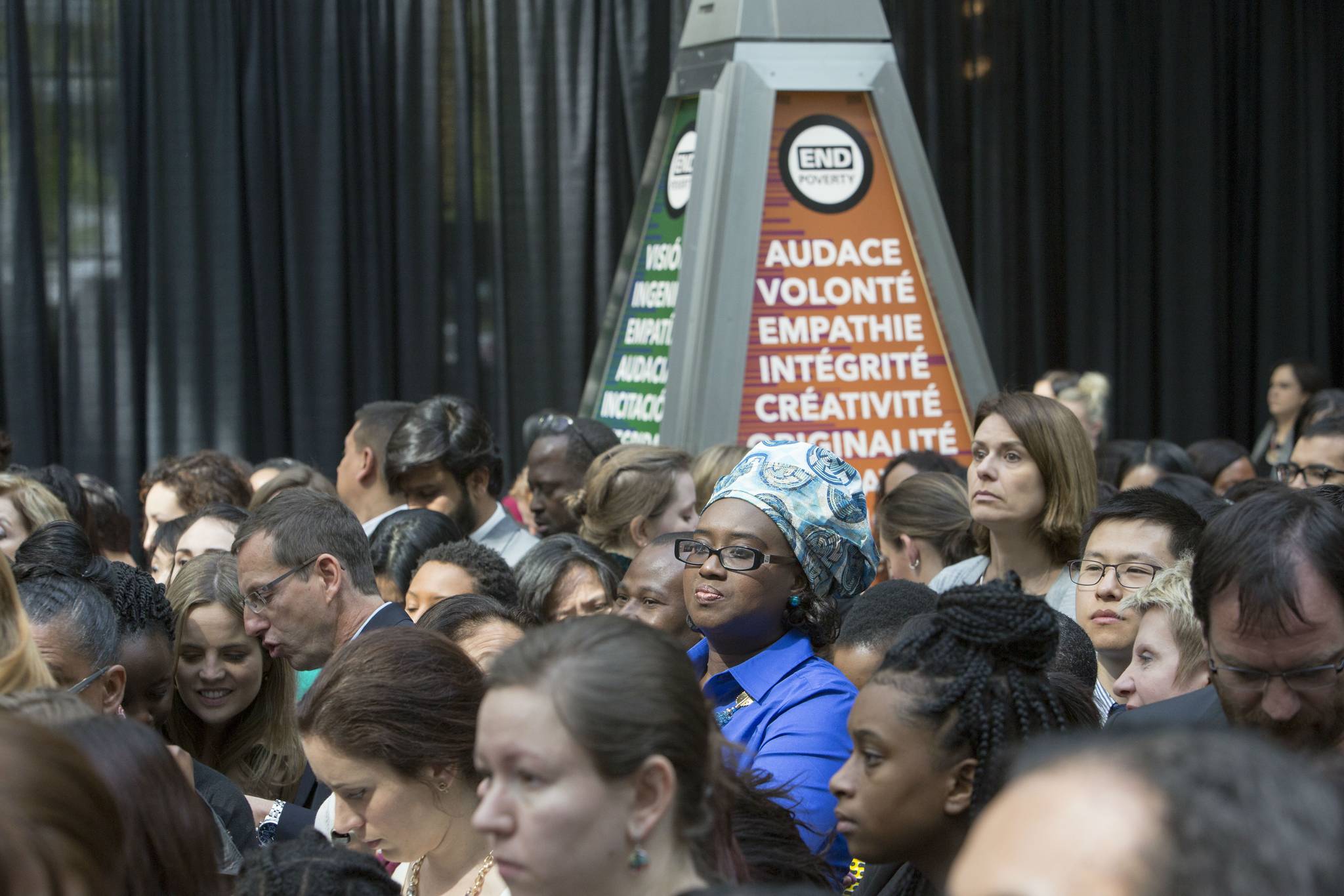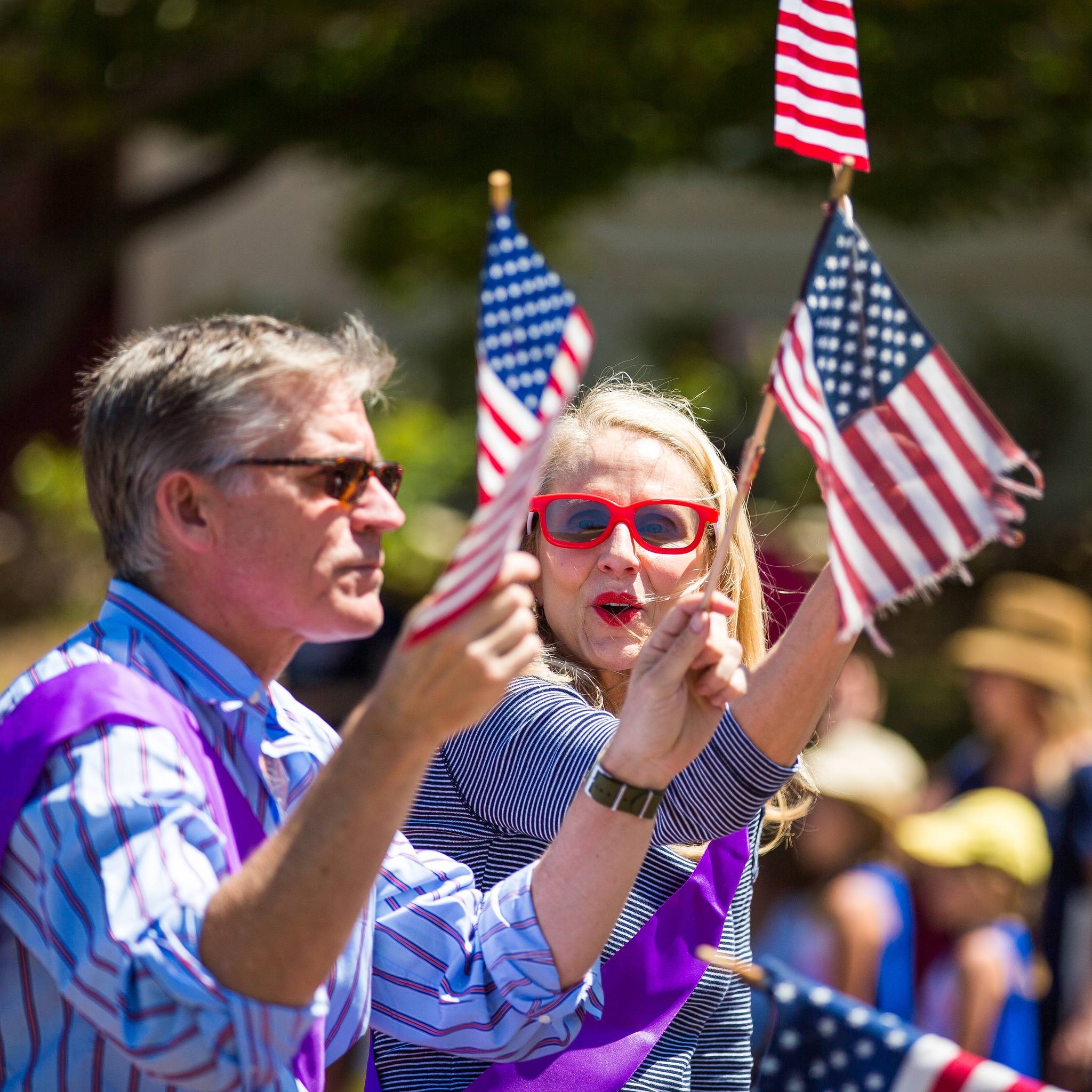
Lana Del Rey is no stranger to nostalgic Americana imagery – whether in music videos that pan in on her in front of a billowing American flag, or lyrics that reference Elvis, Springsteen, and the American Dream. But in light of recent political events, Del Rey is rethinking her American pride, and ditching her patriotic aesthetic along with it. We explore the insights behind this shift, and how politics and culture both have their part to play in representing America on the global stage.
In a recent interview, the musician was asked if Trump makes it harder to romanticise America. “It’s certainly uncomfortable,” she says. “I definitely changed my visuals on my tour videos. I’m not going to have the American flag waving while I’m singing ‘Born to Die’. I think it would be inappropriate to be in France with an American flag. It would feel weird to me now – it didn’t feel weird in 2013.” As a cultural icon, Del Rey is distancing of herself from her country’s administration – and it’s a move that expresses the split in how people perceive value systems. When a country’s government fails to reflect the will of the people, popular culture steps in to save face.
Global opinion of the White House is plummeting, with America's public image taking a nosedive since the end of Obama’s presidency. A median of 22% of other countries express confidence in America to do the right thing in international affairs, compared to 64% having believed the same when Obama was in power. In Sweden, which saw the largest decline in confidence, trust fell from 93% under Obama to 10% under Trump.
But regardless of the poor public image that America’s leadership is earning, the same research found that a country’s reputation extends beyond its government, even when (as democracy intends) the government reflects the people’s choice. Even with qualms about Trump, the overall global view of Americans is still 58% favourable – a positivity that trickles down from the 65% favourable view of American music, movies, and television. As people worldwide come to question whether democracy is effective, this research suggests that a nation’s popular culture is just as much a symbol of values and identity as government and policy. Del Rey’s choice to drop the flag, is representative of this, setting her apart from America’s official party line.
Mira Kopolovic is a behavioural analyst at Canvas8, which specialises in behavioural insights and consumer research. She has an MA in creative industries, which focused on artist-brand collaborations, and she spends her spare time poring over dystopian literature.



